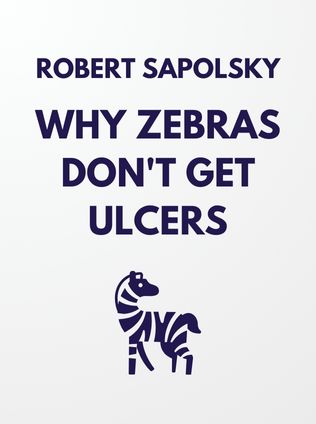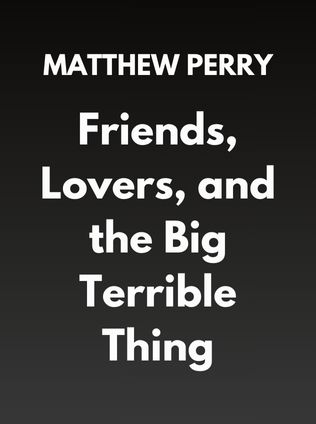
Why Zebras Don't Get Ulcers
By Robert Sapolsky
Published 01/1993
About the Author
Robert M. Sapolsky, a distinguished professor of biology and neurology at Stanford University, is renowned for his profound insights into the intricate relationships between stress, human behavior, and neurological processes. His background as a primatologist provides a unique perspective, allowing him to delve deep into the evolutionary roots of our modern-day stressors. Sapolsky's work is distinguished by its interdisciplinary approach, blending biology, psychology, and anthropology to explore how our ancient survival mechanisms have left us ill-equipped to handle the chronic psychological stressors of modern life.
His writing style is both engaging and accessible, bringing complex scientific ideas to a broader audience. Through his books, lectures, and research, Sapolsky has significantly influenced our understanding of stress and its impact on health, offering both scientific insights and practical advice for managing the pressures of contemporary life.
Main Idea
The central thesis of “Why Zebras Don't Get Ulcers” revolves around the concept that while our ancestors evolved to deal with short-term, physical stressors, modern humans are now burdened with chronic, psychological stressors for which our bodies are not well-equipped. Sapolsky argues that this mismatch between our stress response systems and the nature of our stressors in the modern world has led to a proliferation of stress-related diseases. He explores how stress affects various bodily systems, contributes to numerous health issues, and how understanding this can help us manage stress more effectively.
Table of Contents
- Introduction: The Problem of Stress in Modern Life
- The Evolutionary Roots of the Stress Response
- How the Stress Response Works
- The Impact of Chronic Stress on the Body
- The Psychological Dimensions of Stress
- Strategies for Managing Stress
- Conclusion: Understanding Stress to Live Healthier Lives
Introduction: The Problem of Stress in Modern Life
Sapolsky opens with a compelling argument: the diseases that plague us today are primarily caused by stress. Unlike our ancestors who faced short-lived stressors like predatory threats, modern humans are constantly bombarded with long-term, psychological stressors. These are not threats that can be fought or fled from, but rather concerns about work, finances, and social interactions—stressors that our bodies are not evolutionarily equipped to handle over long periods.
"The trouble is that we live in a society that repeatedly activates the fight-or-flight system, yet seldom gives us the opportunity to switch it off."- Robert M. Sapolsky
The result, according to Sapolsky, is a litany of stress-related diseases that are now the leading causes of death in the industrialized world. The introduction sets the stage for an in-depth exploration of how stress impacts every aspect of our health and what we can do to mitigate its effects.
The Evolutionary Roots of the Stress Response
Sapolsky dives into the evolutionary background of stress, explaining that our stress response systems are deeply rooted in our biology. These systems were originally designed to handle acute, physical threats—like being chased by a predator. When faced with such threats, our bodies enter a state of heightened alertness, channeling energy away from non-essential functions like digestion and towards the muscles and organs necessary for immediate survival.
Sign up for FREE and get access to 1,400+ books summaries.
You May Also Like
The Subtle Art of Not Giving a F*ck
A Counterintuitive Approach to Living a Good Life
By Mark MansonHow To Win Friends and Influence People
The All-Time Classic Manual Of People Skills
By Dale CarnegieFreakonomics
A Rogue Economist Explores the Hidden Side of Everything
By Steven D. Levitt and Stephen J. DubnerQuiet: The Power of Introverts
The Power of Introverts in a World That Can't Stop Talking
By Susan Cain



















